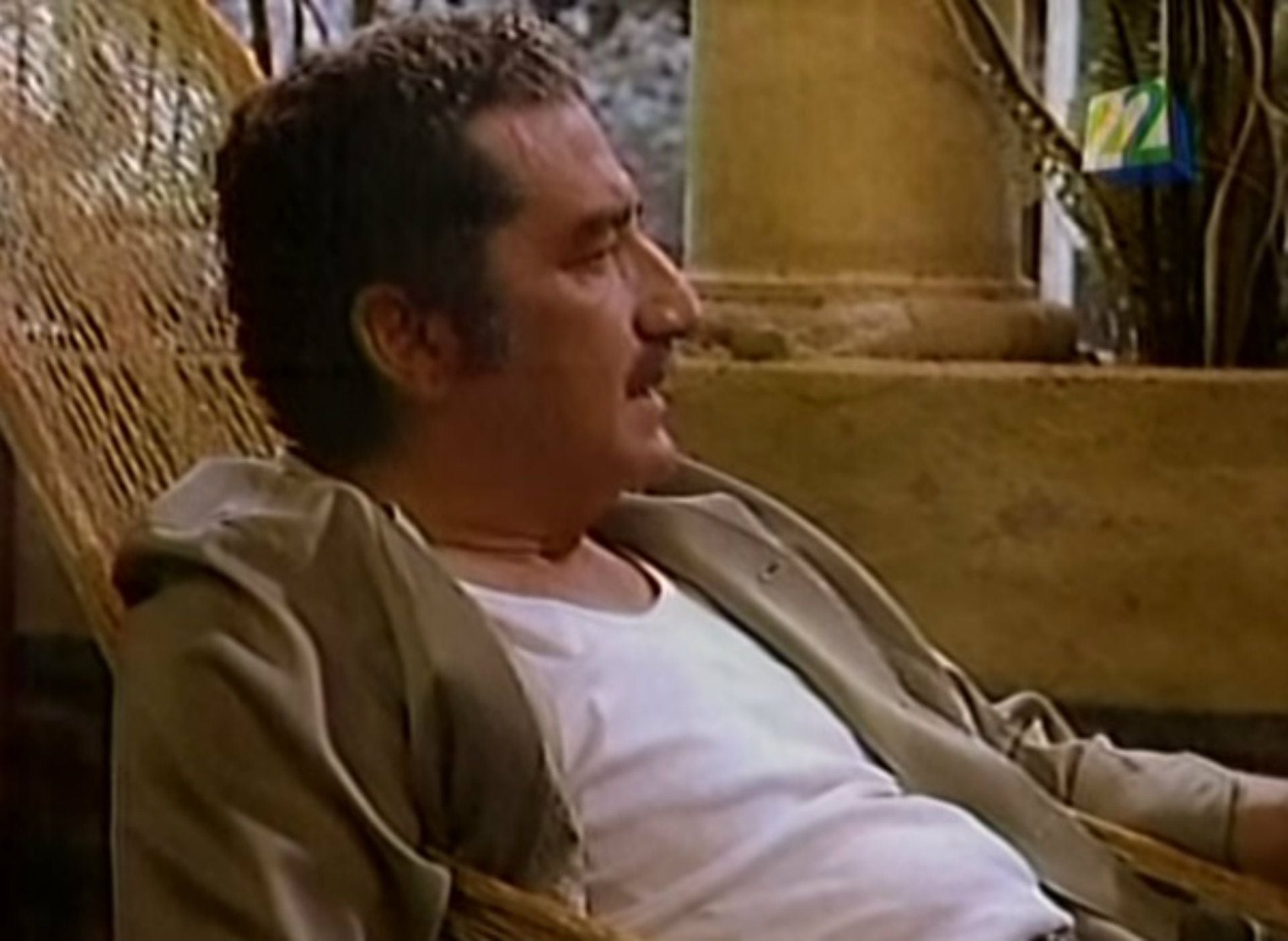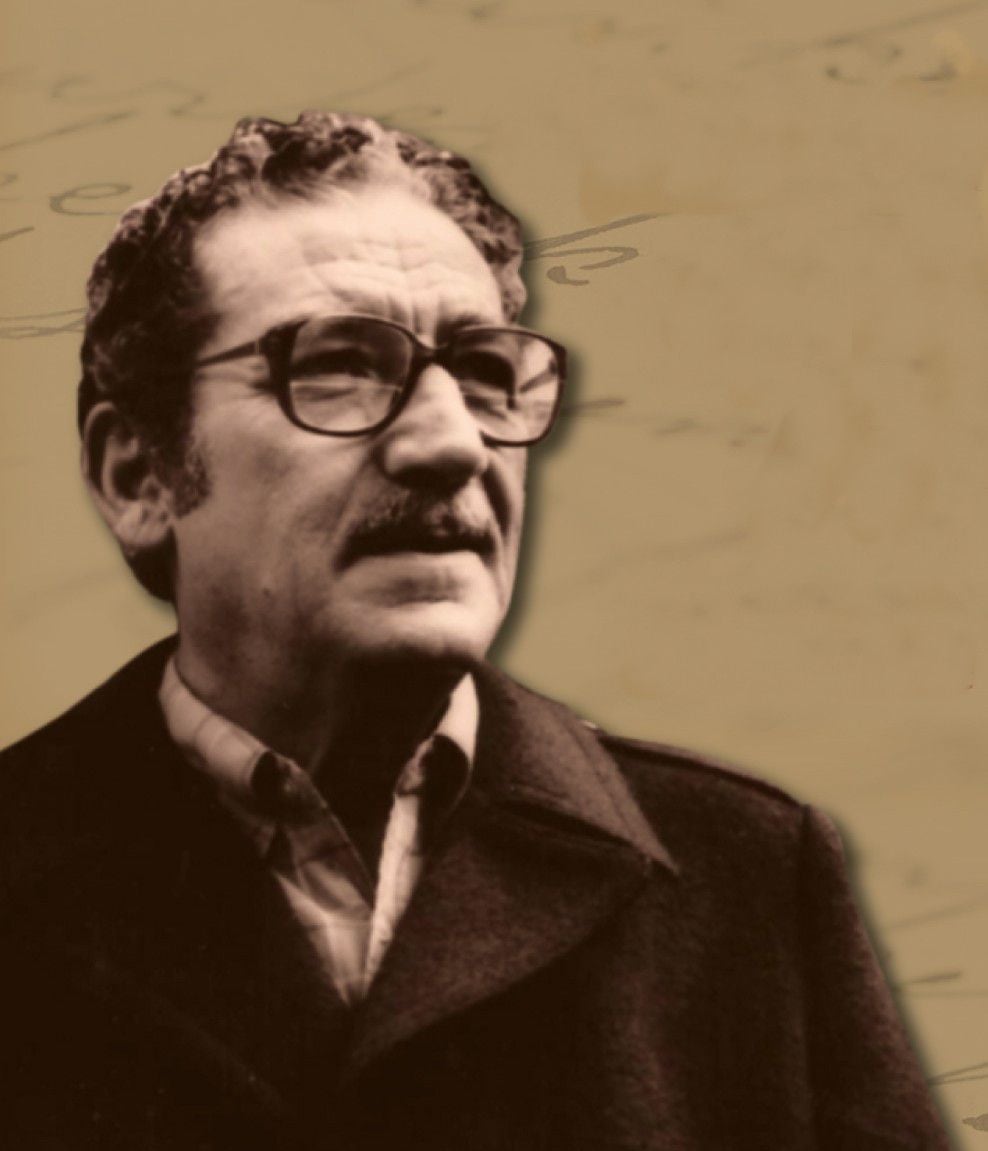
Jaime Sabines (Tuxla Gutiérrez, March 25, 1926 - Mexico City, March 19, 1999) is one of the most renowned poets in Mexico, quite normally one of his compatriots can quote some of his poems or refer to his letters and although many know of his political activism, not so many people know that, in addition, became a legislator of the state of Chiapas by the Institutional Revolutionary Party.
In 1976, during the six-year term of former President José López Portillo, the country opened up to the world of investment and Mexico became visible on the world market, especially in the oil sector, following the discovery of new deposits in the southeast of the country.
In Chiapas, clashes began to take place between the Mexican Army and the heirs of former settlers over the ownership of ejido lands. This confrontation and the new Mexican opening to the world brought Sabines interested in participating in the legislative process and being elected as a federal deputy by the Electoral District of Chiapas during the so-called “L” Legislature (from 1976 to 1979).

The biographer Beatriz Barrera Parrilla (2003) recalls in her book “Jaime Sabines: a poetic between body and word” that “at fifty Jaime Sabines is appointed deputy of the PRI for three years”.
In the text, Barrera Parrilla refers to a writing by the poet in which he mentions: “I sold fabrics and animal food for a living, and I was also politician for that, because I had no political vocation. But no one is going to remember me as a deputy or as a salesman, except because of what I did in life.”
He said this in 1998, to Pilar Jiménez Trejo, in the interview entitled “The truth is ours”. In that text Sabines also talks about the PRI vocation and mentions that, in Chiapas, his state, “there was no opposition. The integration into what would later become PRI was done naturally, as if you were going to a school, the only one in the village. '”
Another thing that Beatriz talks about in her book, about Jaime Sabines, is the massacre that took place in the plaza de las tres culturas. In it, “Luis Echeverria began his presidential term in 1970, when his responsibility for the Tlatelolco massacre is still unclear, proposing a line of government back to Cardenism.”

Given this context, Jaime Sabines was asked about political poetry and in this he argued, in an interview with Roberto Venegas for “Diorama de la Cultura”, in 1970:
“Whenever it responds to a human experience, it will be poetry. The poem has only one measure, its authenticity. I am shocked both by poets who write elegies to Che Guevara sitting at a cafe table and those who talk about divinity while kicking a dog. You don't have the right to talk about what you haven't experienced; everything that is done outside the emotional experience will be a verbal construction, an entertaining game, but not poetry.”
In 1988 he was elected Deputy, in the same party, in the Congress of the Union, for the Federal District (now CDMX).
These moments in the political arena of the poet have been remembered by many with the desire to set aside his poetry and remove it from the map by ideology. However, Sabines was very familiar with the process he carried out in politics, so much so that he immortalized it in a poem entitled “I am in politics”.
I'm in politics
I'm in politics again.
I know I'm useless, but they use me
And they show me
“Poet, from the butterfly-circus family,
pierced by a pin, showcase 5”.
(I'm going, with you, to see me).
KEEP READING:
Últimas Noticias
Debanhi Escobar: they secured the motel where she was found lifeless in a cistern
Members of the Specialized Prosecutor's Office in Nuevo León secured the Nueva Castilla Motel as part of the investigations into the case

The oldest person in the world died at the age of 119
Kane Tanaka lived in Japan. She was born six months earlier than George Orwell, the same year that the Wright brothers first flew, and Marie Curie became the first woman to win a Nobel Prize

Macabre find in CDMX: they left a body bagged and tied in a taxi
The body was left in the back seats of the car. It was covered with black bags and tied with industrial tape
The eagles of America will face Manchester City in a duel of legends. Here are the details
The top Mexican football champion will play a match with Pep Guardiola's squad in the Lone Star Cup

Why is it good to bring dogs out to know the world when they are puppies
A so-called protection against the spread of diseases threatens the integral development of dogs



